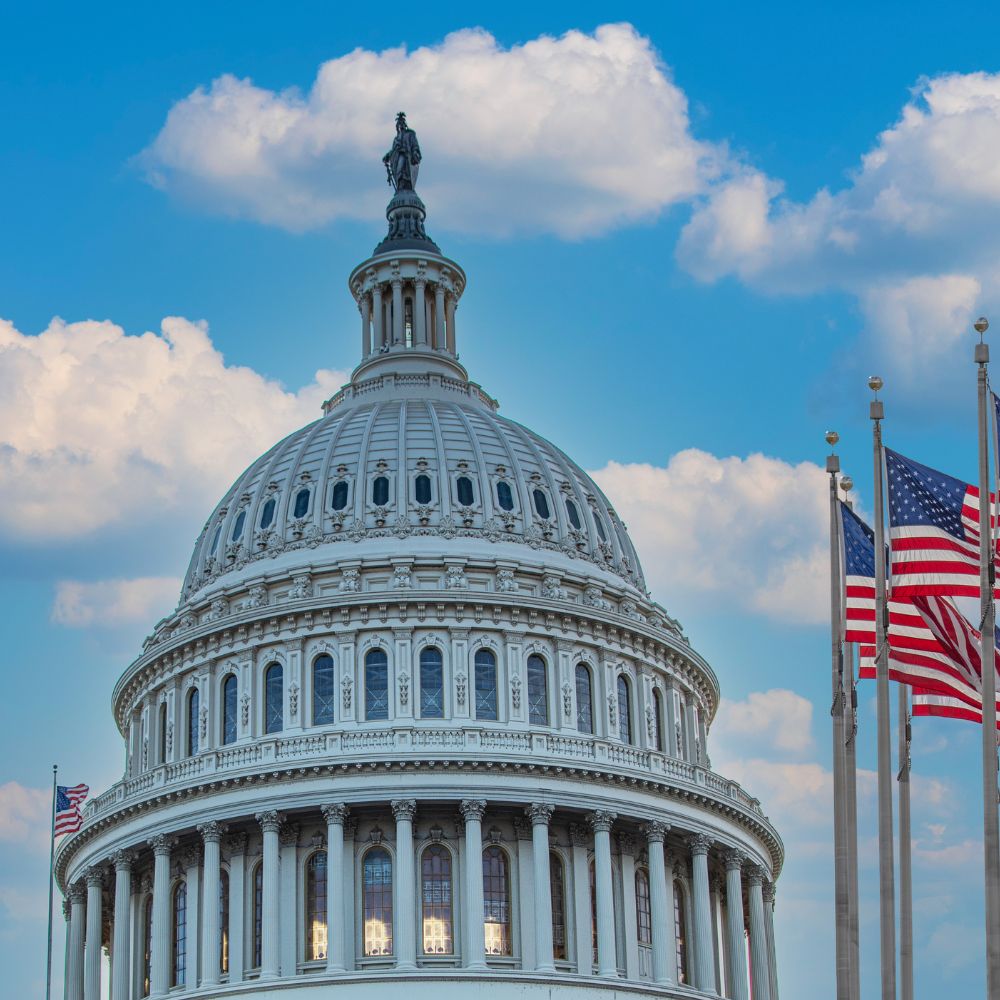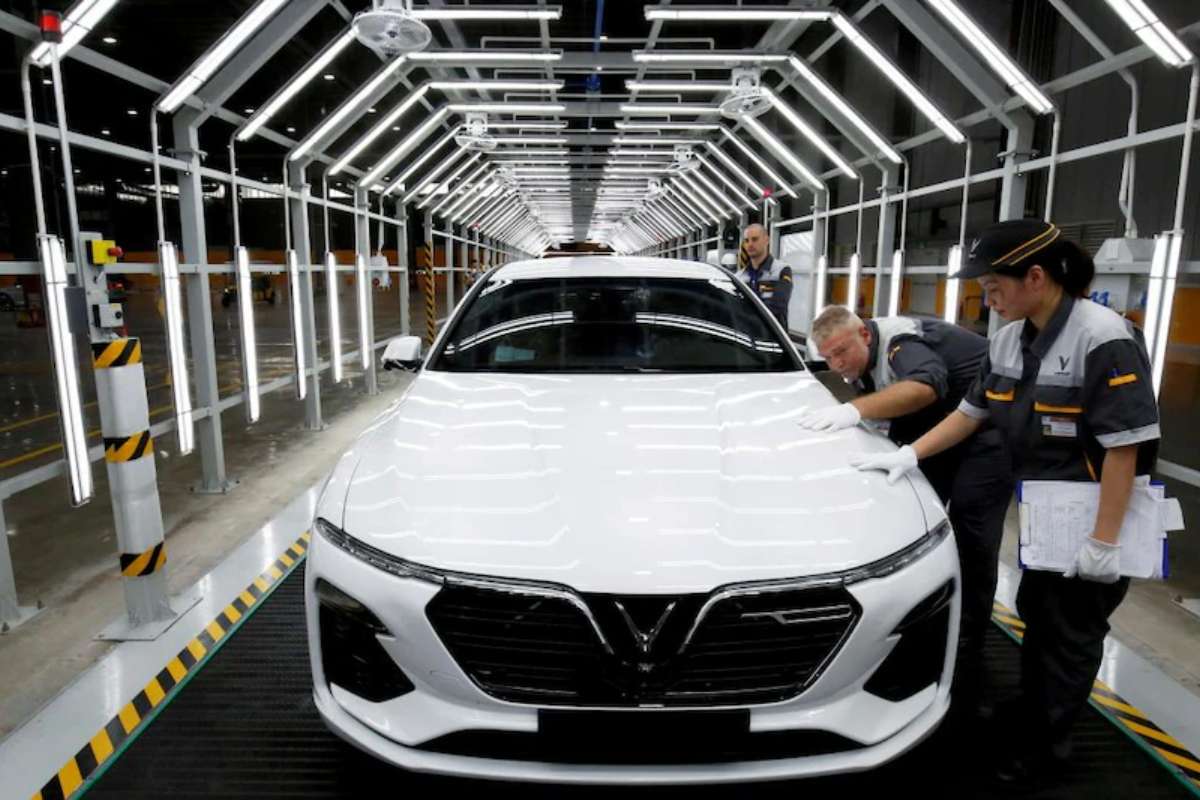Forecasters can accurately predict how another federal US government shutdown will impact the American economy since they have seen so many of them in recent years. The solution is very straightforward: A shutdown is likely to cause greater damage the longer it lasts.
Economists on Wall Street and within the Biden administration have decided that a brief shutdown would not likely cause the economy to stall significantly or enter a recession. This judgement is based in part on data from instances in the past where Congress cut off financing for numerous US government programmes.
However, a protracted closure may harm the economy and perhaps President Biden’s chances for reelection. It would add to a number of other elements that are anticipated to have an impact on the economy in the remaining months of this year, such as rising interest rates, the beginning of federal student loan installments next month, and a possibly protracted United Automobile Workers strike.
Not only would growth be hampered by a suspension of federal US government business. It would further depress consumer sentiment, which declined in September for the second consecutive month due to increased petrol costs. According to recent analysis by Goldman Sachs economists, the Conference Board’s measure of consumer confidence decreased by an average of seven points in the month prior to past shutdowns, but much of that decline was reversed in the following month.
A US government shutdown, according to Gregory Daco, chief economist at EY-Parthenon, would not “change the trajectory of the economy.” However, he continued, “the concern is that it could become a significant drag on economic activity if it combines with other headwinds.”
US Government likely days away from shutdown; Here’s the latest
White House Council of Economic Advisers Chairman Jared Bernstein stated in a statement on Wednesday that the council’s internal projections point to probable losses of 0.1 to 0.2 percentage points of quarterly economic growth for each week that the closure lasts.
“Programmatic impacts from a shutdown would also cause unnecessary economic stress and losses that don’t always show up in G.D.P. — from delaying Small Business Administration loans to eliminating Head Start slots for thousands of kids with working parents to jeopardising nutrition assistance for nearly 7 million mothers and children,” Mr. Bernstein continued. The prospect of a shutdown by certain House Republicans is foolish and irresponsible.
According to Goldman Sachs experts, for every week that a shutdown lasts, growth would be reduced by around 0.2 percentage points. The majority of federal employees are not paid during shutdowns, which quickly drains the economy’s purchasing power. However, the Goldman analysts predict that growth would rise by the same amount in the quarter following the closure due to a recovery in federal employment and the payment of back pay to furloughed workers.
This assessment is consistent with earlier research from Wall Street, the Fed, and previous presidential administrations. According to experts in the Trump administration, a month-long shutdown in 2019 slowed growth by 0.13 percentage points weekly.
The Congressional Budget Office calculated that real gross domestic product fell by 0.1 percent in the fourth quarter of 2018 and by 0.2 percent in the first quarter of 2019 as a result of that shutdown. The office forecast that the annual G.D.P. in 2019 would be 0.02 percent lower than it would have been otherwise, translating to a loss of around $3 billion, even though it claimed that the majority of the lost growth would be regained. The economy has not been permanently damaged by prior shutdowns since growth and confidence frequently resume. Some economists are concerned that may not be the case right now.
According to Mr. Daco, US government employees might not spend as much as they otherwise would have, and government contractors might not fully make up for lost revenue.
A protracted shutdown would also cause federal statistics agencies to close, delaying the delivery of crucial US government economic data like monthly reports on employment and inflation. That might turn out to be a worse risk for growth than in the past since it would effectively prevent Federal Reserve policymakers from seeing the data they need to decide whether to boost interest rates once more in their fight against inflation.
The economy seems robust enough to withstand a minor temporary setback. Leading economists predict that this quarter’s growth will be close to 3 percent on an annualised basis. However, if a shutdown continues for a number of weeks, economists estimate GDP to decrease in the latter months of the year, increasing the chances of a recession.
KPMG’s chief economist, Diane Swonk, predicted that G.D.P. growth would be around 4% in the third quarter and then stall at approximately 1% in the fourth. A two-week shutdown, according to her, would have a minimal effect, but one that extended for an entire quarter would be more problematic and possibly cause the G.D.P. to go into negative territory.
When you start taking even a tenth here or there, Ms. Swonk remarked, “that’s pretty weak.”
According to Ms. Swonk, a shutdown may exacerbate the political unrest in Washington, roiling markets and raising Treasury bond yields, which would raise borrowing costs.
When the Biden administration and Republicans agreed to raise the country’s borrowing ceiling in June, they had hoped to prevent such discord. The expenditure restrictions included in the agreement served as a guide for congressional appropriations. An even greater cut has been demanded by a group of House Republicans, pushing Congress closer to a shutdown.
Former economic adviser to Vice President Biden Michael Linden is now a senior policy scholar at the Washington Centre for Equitable Growth, a think tank. According to Linden, the immediate economic repercussions of the US government shutdown may compel Republican leaders in the House to adopt a financing bill to reopen the US government as soon as possible.








